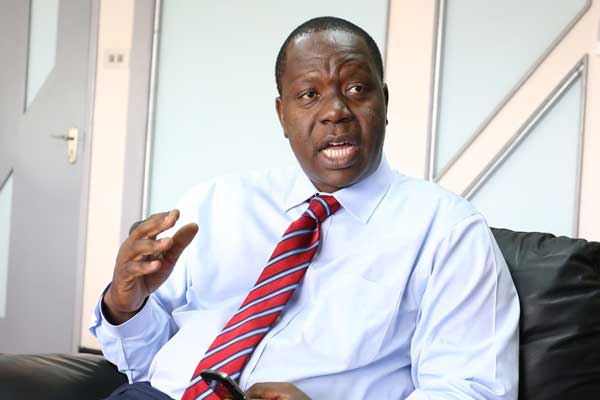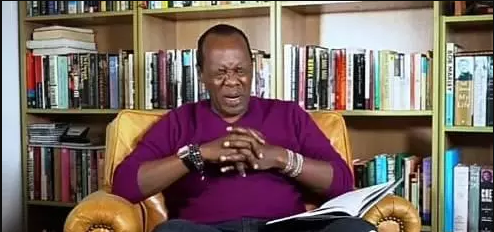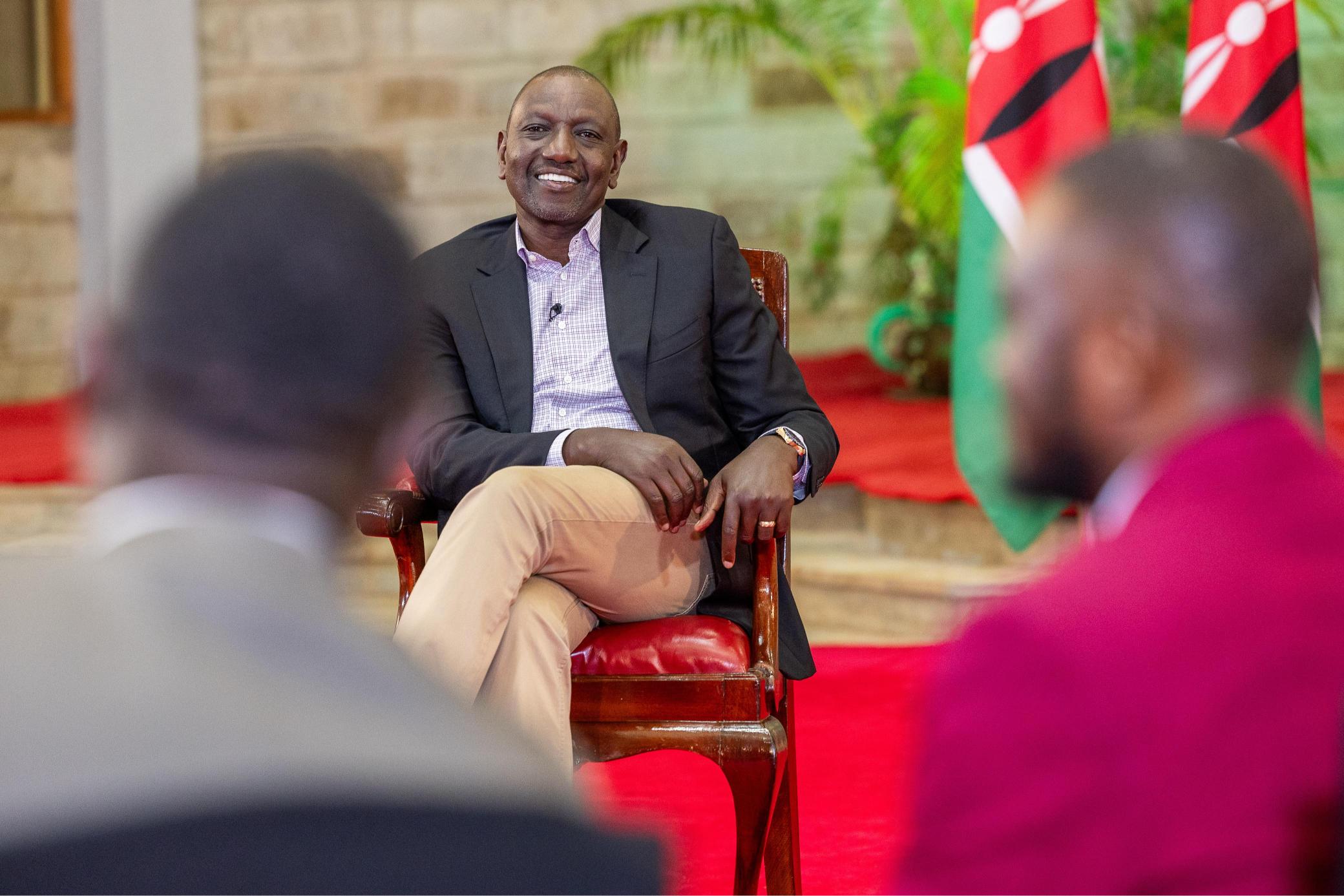Atheists in Kenya Threaten Legal Action Over Alleged State House Church Construction
The Atheists in Kenya Society (AIK), under the leadership of President Harrison Mumia, has issued a stern warning of legal action over what it deems the unconstitutional construction of a massive church within the grounds of State House, Nairobi.
This response follows mounting claims that an 8,000-seater church, reportedly costing Ksh1.2 billion, is being discreetly built at the official residence of the President. While government officials are yet to confirm or deny the reports, a front-page story in the Daily Nation has amplified public scrutiny and outrage.
In a press statement released on Friday, July 4, 2025, AIK condemned the alleged project as both “shocking and unacceptable,” accusing President William Ruto’s administration of promoting Christian nationalism and violating Kenya’s constitutional commitment to secularism.
“The Atheists in Kenya Society views this action as anti-democratic and a promotion of Christian nationalism by President Ruto. Kenya does not belong to Christians only,” the statement read.
“The construction of a church at State House directly threatens the constitutional principle of separation between church and state, as enshrined in Article 8 of the Constitution.”
AIK has instructed its legal team to prepare an immediate lawsuit aimed at halting the alleged construction, citing misuse of public funds and a clear breach of the Constitution.
The controversy has sparked heated debate online and among civil society groups, many of whom question the appropriateness of public resources being used for religious infrastructure within a government facility.
This isn’t the first time President Ruto’s public expressions of faith have drawn criticism. His term in office has been marked by frequent religious events at State House and overt Christian messaging in public addresses. Critics argue this behavior blurs the lines between governance and religious practice.
AIK, which has long advocated for strict enforcement of Article 8—which bars the state from adopting any religion—warns that if the allegations are confirmed, the construction could set a dangerous precedent for religious favoritism in government.
“We will not stand by as taxpayer money is funneled into faith-based projects that violate our secular framework,” Mumia said in a follow-up comment on X (formerly Twitter).
If the case proceeds to court, it could become a landmark legal battle testing the limits of religious influence in Kenya’s political sphere and reaffirming the constitutional divide between church and state.









